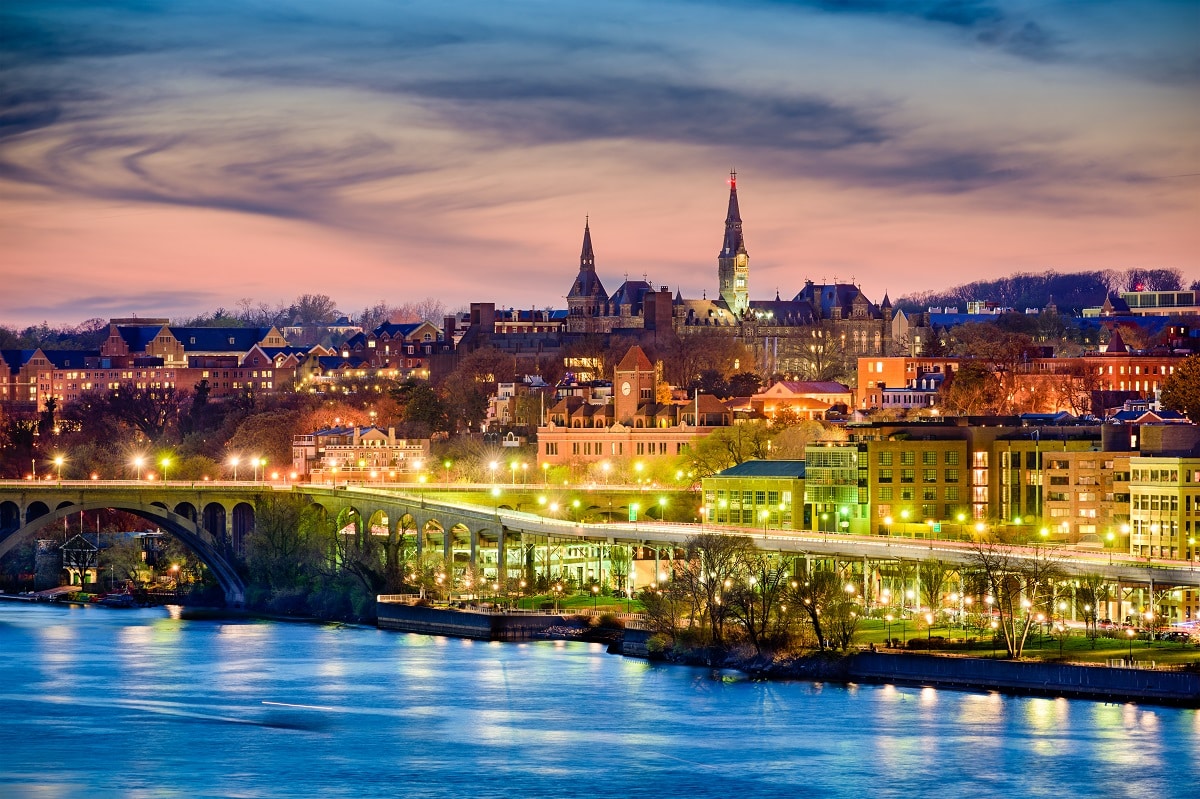Tourism plays a significant role in the U.S. economy, with certain states leading the charge by turning their unique attractions into major sources of revenue. Let’s explore which states are leading in tourism income and how they’re doing it. Did your state make the list?
#1. California: Tourism Revenue Powerhouse
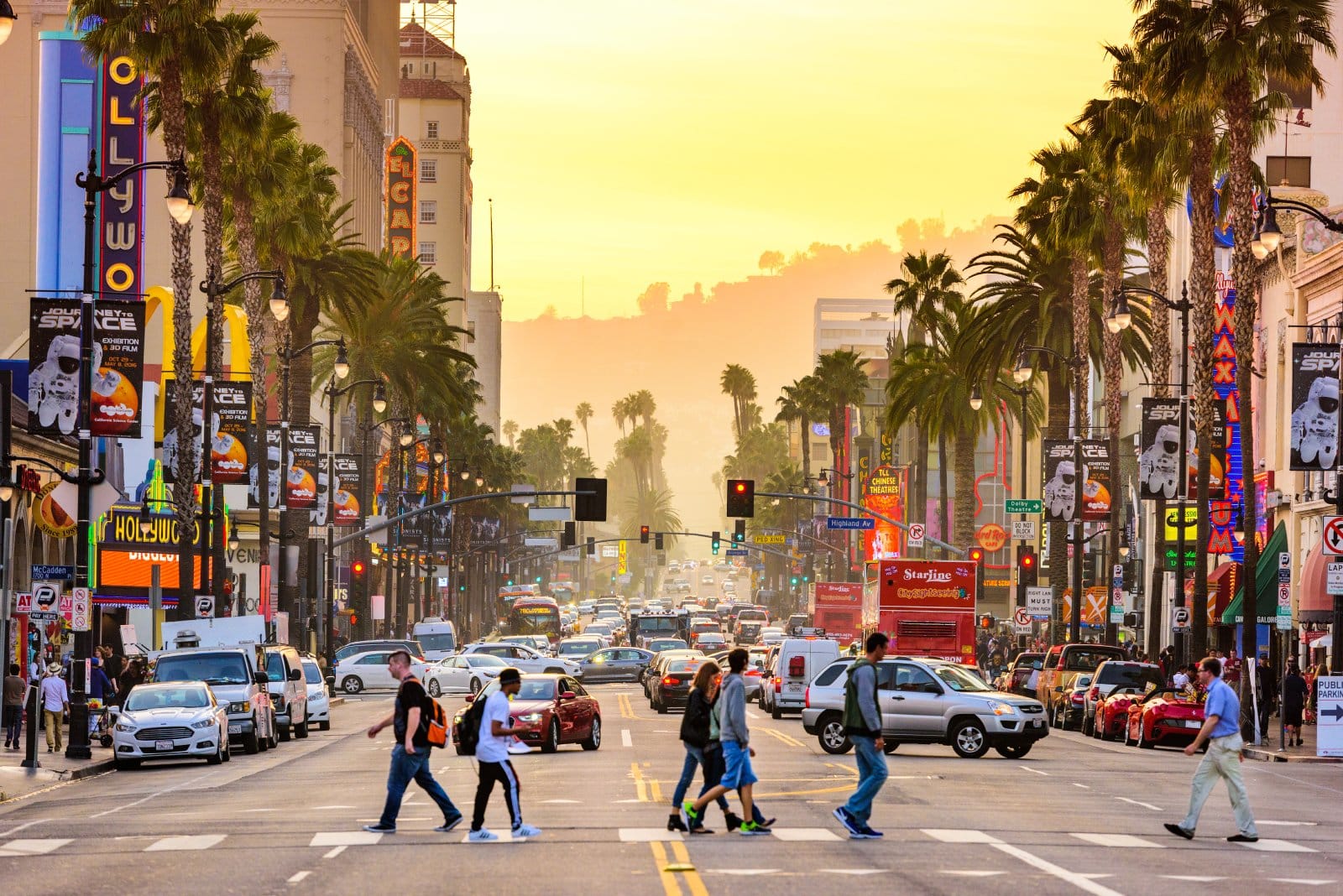
California is a leader in tourism revenue, bringing in over $140 billion annually. Visiting Disneyland can cost a family of four approximately $500 for a single-day visit, excluding food and lodging.
#2. Florida: A Tourism Juggernaut

Florida’s theme parks and beaches helped it rake in close to $90 billion in tourism revenue in 2019. A one-day pass to Disney World’s Magic Kingdom can cost over $100 per person.
#3. New York: The Big Apple’s Big Bucks
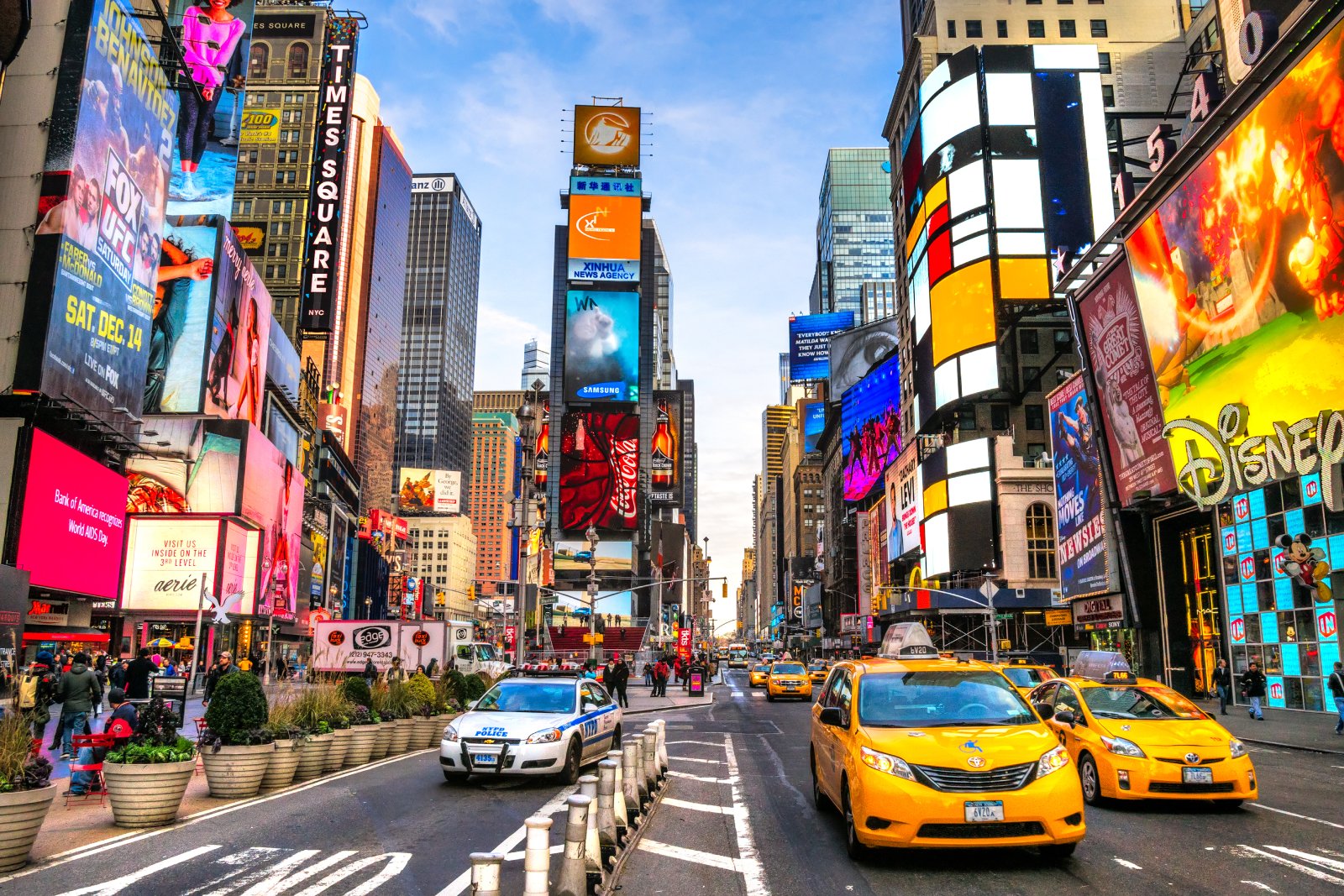
Tourism in New York generated about $70 billion in 2019, with attractions like the Empire State Building charging upwards of $42 for a standard adult ticket.
#4. Texas: Diverse Attractions, Robust Revenue
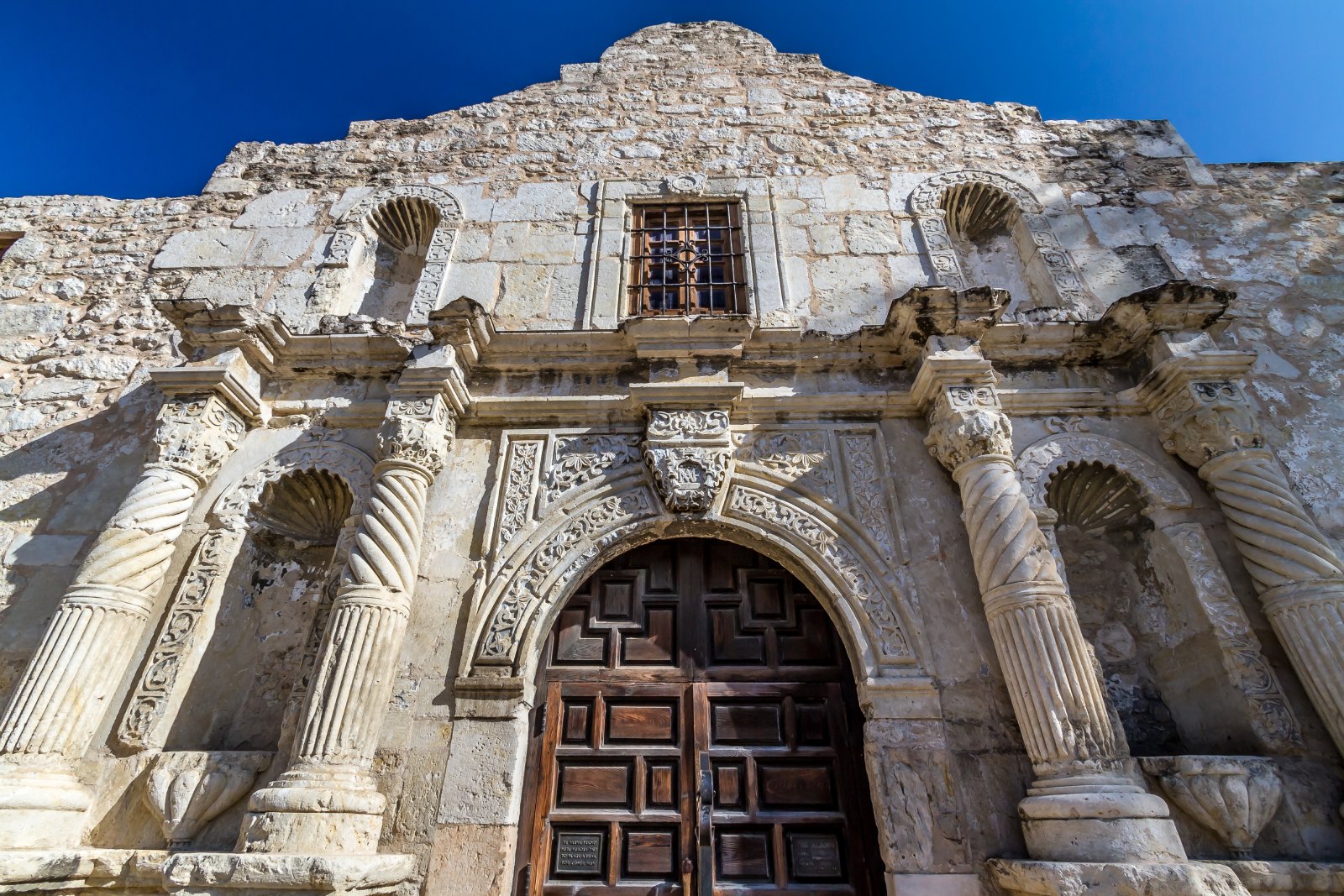
Texas sees tourism revenues of approximately $80 billion, driven by its diverse cultural and historical attractions. A visit to the Alamo is free, but surrounding attractions and events can add to the travel expenses.
#5. Nevada: Betting on Tourism
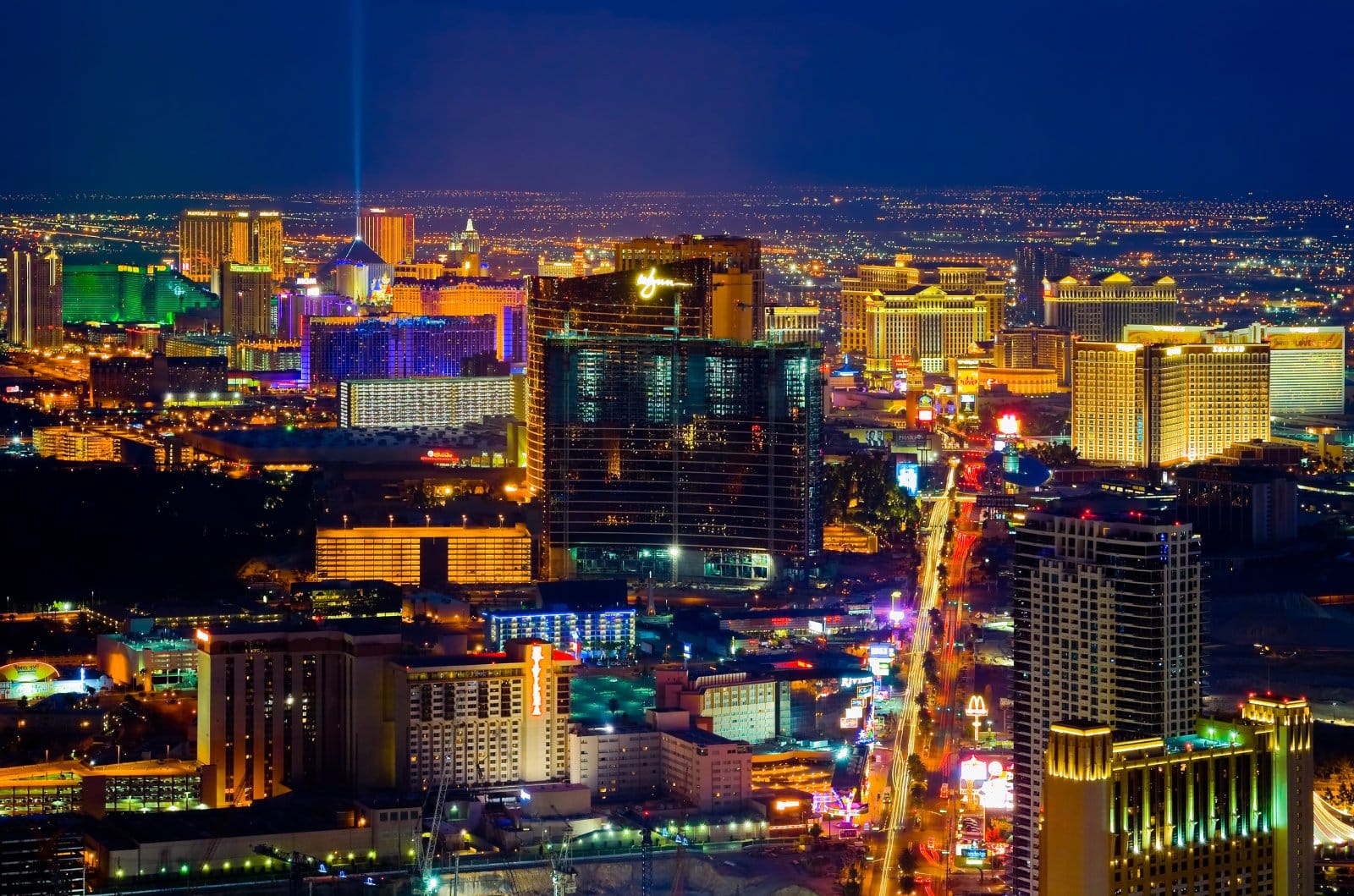
Nevada, largely thanks to Las Vegas, earns over $60 billion from tourism. Hotel stays on the Strip can range widely, with luxury accommodations costing hundreds per night.
#6. Illinois: Chicago’s Economic Engine

Tourism brings in around $40 billion to Illinois, with Chicago’s skyscrapers and museums drawing millions. The Willis Tower Skydeck charges about $30 for adult admission.
#7. Hawaii: Paradise’s Price Tag
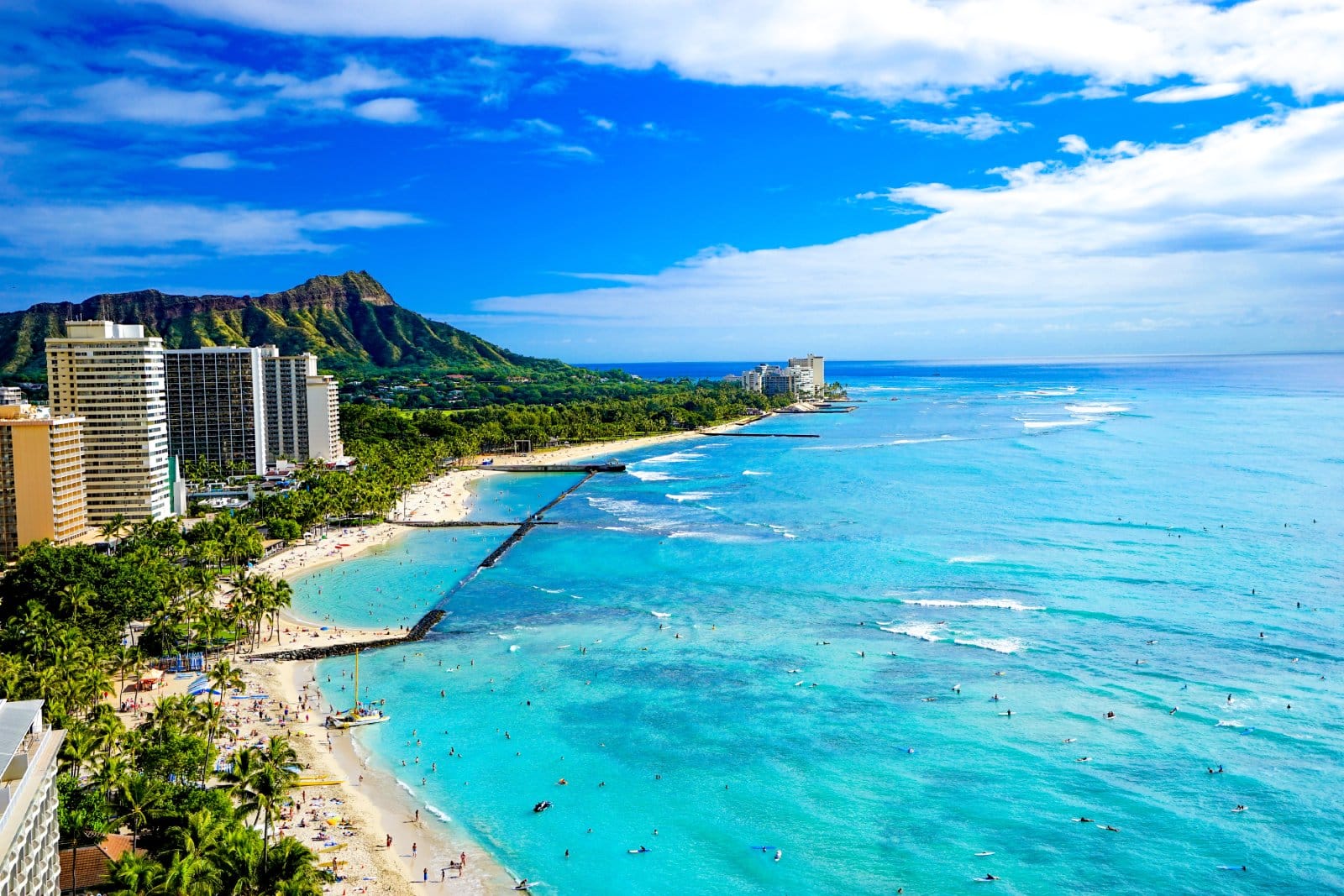
Hawaii’s tourism industry generates over $17 billion. A stay at a resort can start at $250 per night, with premium experiences like helicopter tours significantly more.
#8. Georgia: Atlanta’s Attraction Appeal
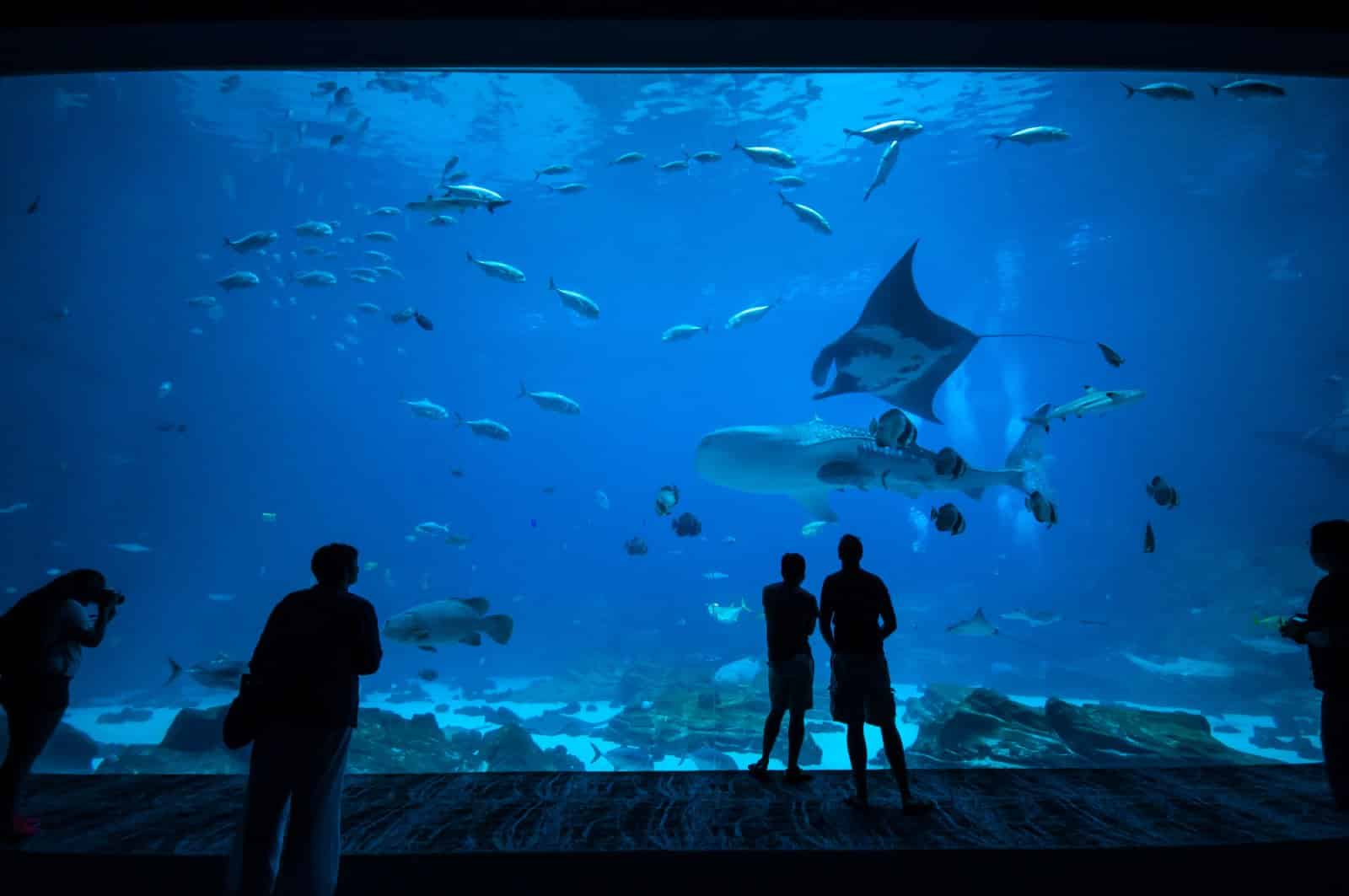
Georgia, with attractions like the Georgia Aquarium, sees tourism revenues nearing $68.9 billion. Admission to the aquarium can cost over $35 for adults.
#9. Pennsylvania: History Pays Off

Tourism in Pennsylvania generates around $43 billion, with Gettysburg National Military Park and other historic sites offering free admission but paid tours and experiences available.
#10. Tennessee: The Sound of Economic Success
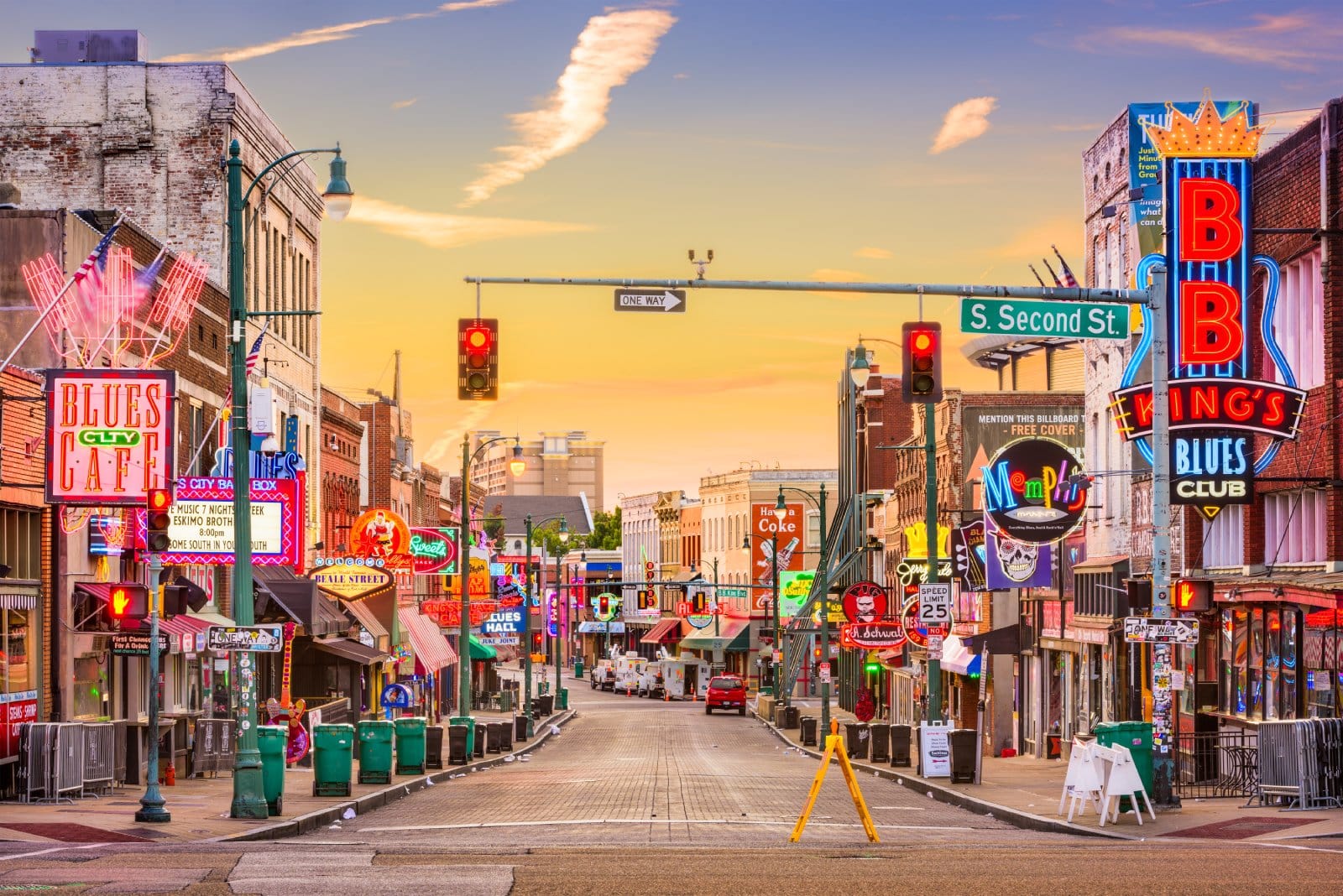
The state’s music and mountain attractions contribute to its $22 billion in tourism revenue. The Country Music Hall of Fame, for example, charges about $25.95 for an adult ticket.
#11. Massachusetts: Historic and Modern Attractions
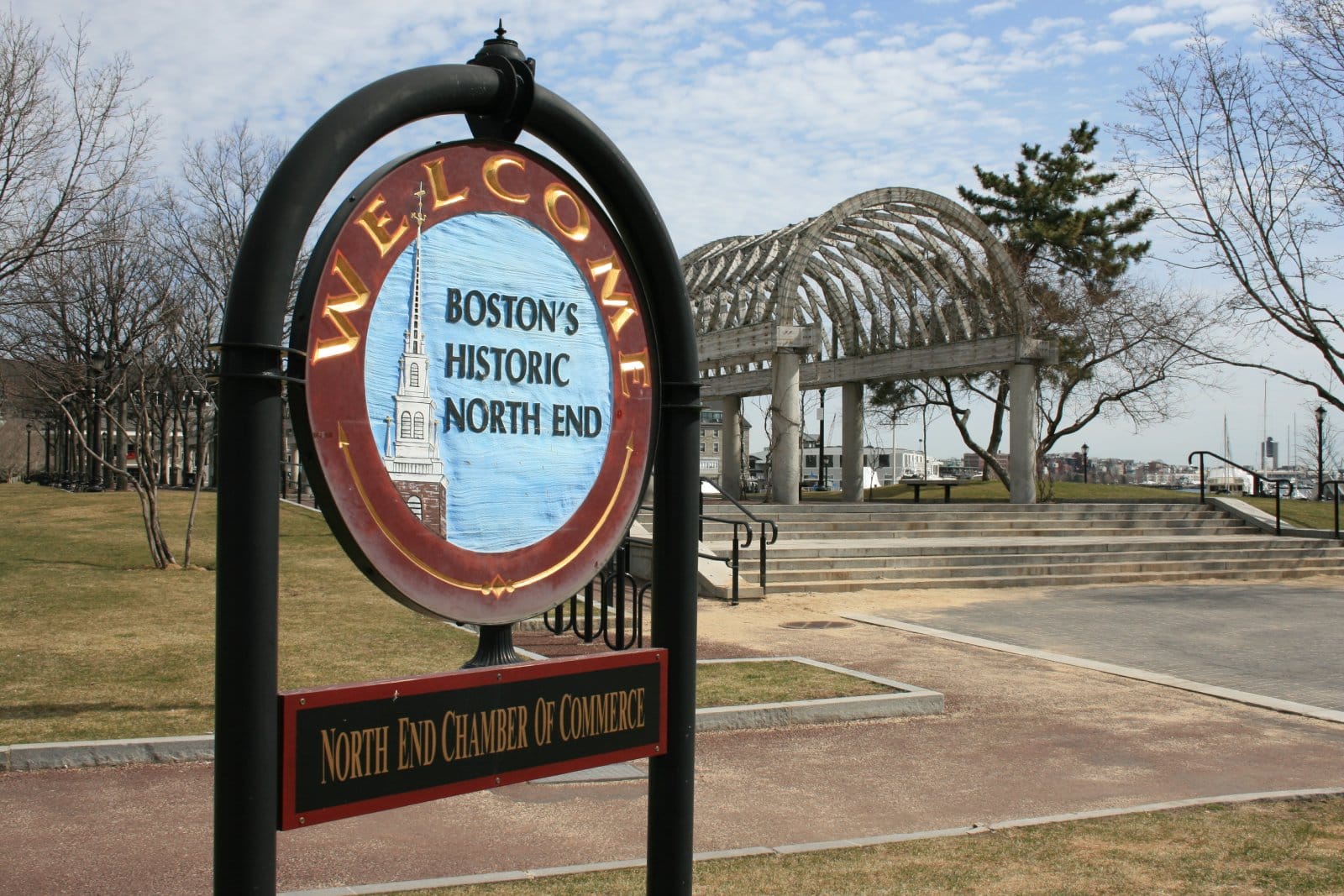
Massachusetts earns over $28 billion from tourism, with Boston’s Freedom Trail offering a mix of free and paid historic sites.
#12. Arizona: Natural Wonders Work Wonders
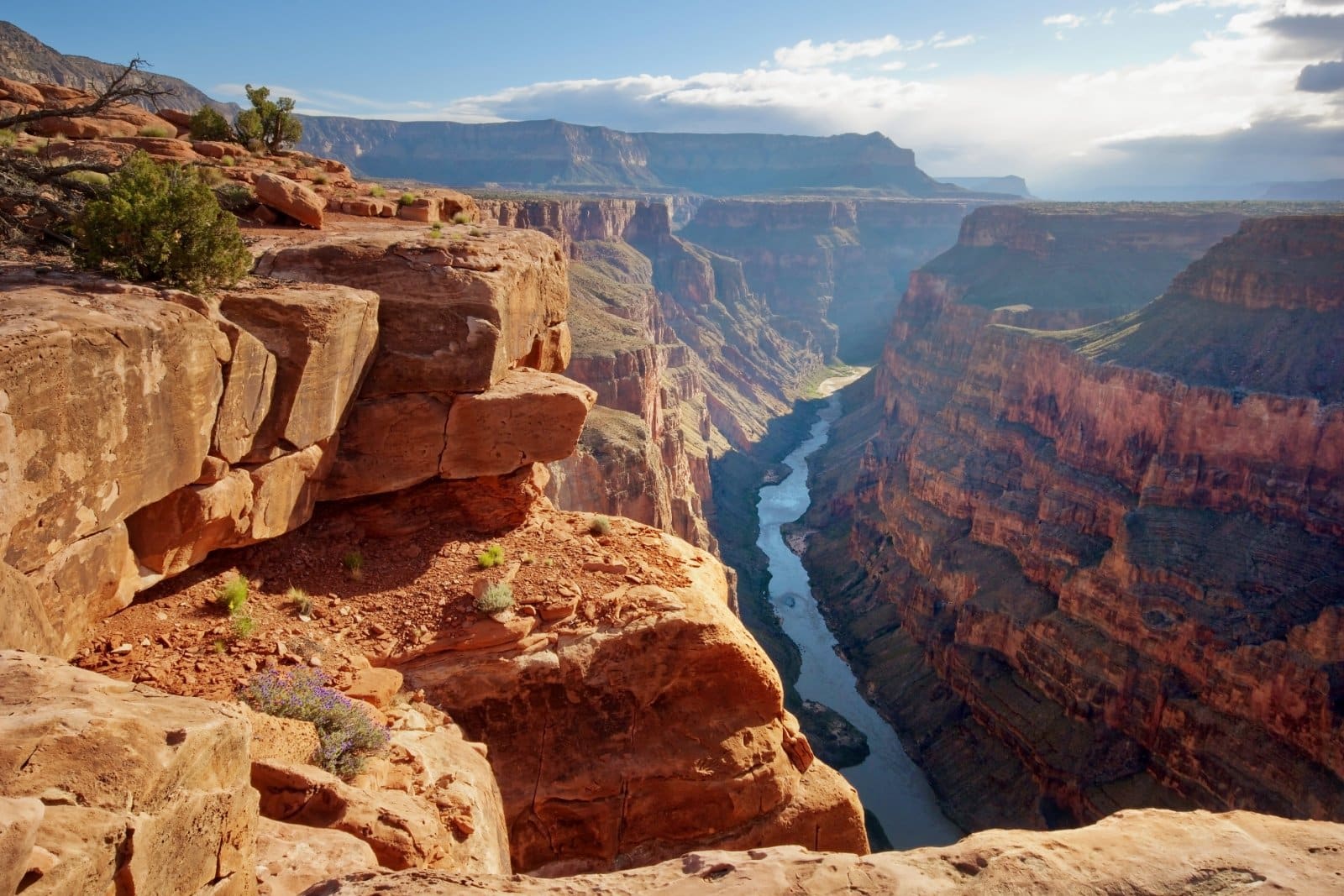
Tourism brings Arizona around $24 billion annually, with the Grand Canyon charging $35 per vehicle for a seven-day pass.
#13. Colorado: Peaks of Profit
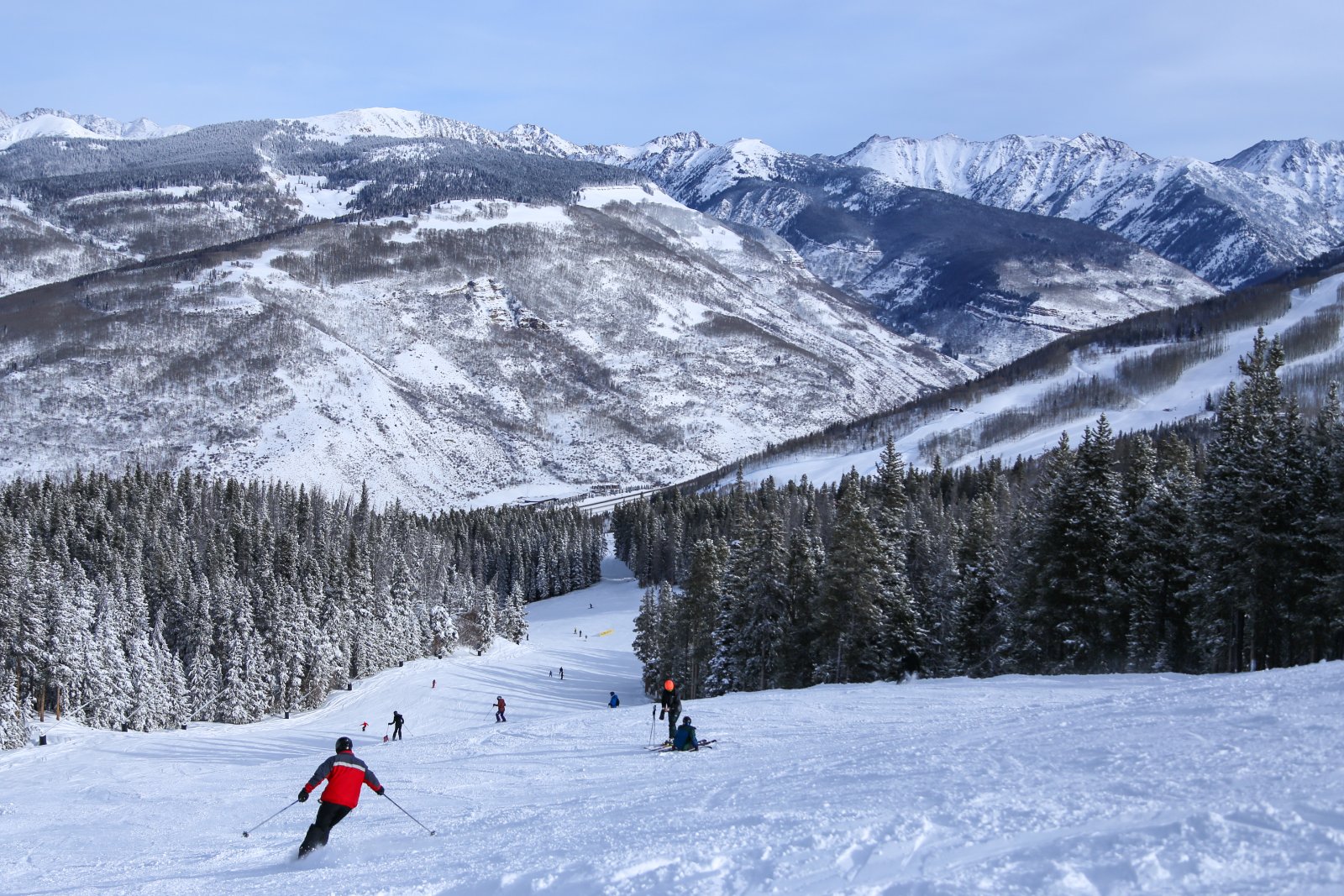
The state’s outdoor activities and scenic beauty generate over $22 billion in tourism revenue. Ski resort lift tickets can exceed $200 per day during peak season.
#14. Washington: From Nature to Nirvana

Washington’s diverse attractions help it earn over $21 billion from tourism. The Space Needle charges about $35 for an adult ticket to the observation deck.
#15. South Carolina: Coastal Charms Cash In
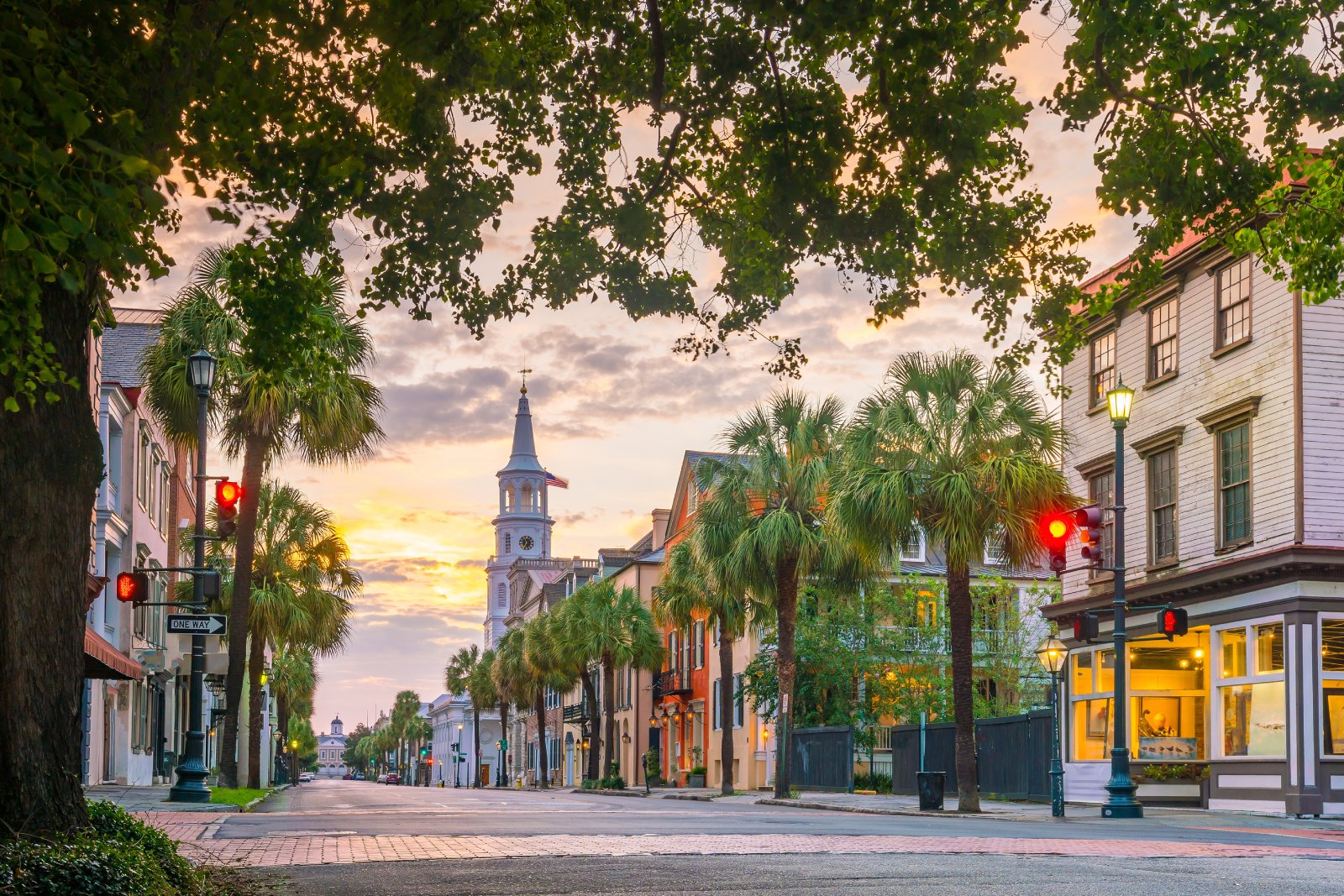
Tourism in South Carolina brings in approximately $22.6 billion, with beach destinations and historic Charleston leading the way.
#16. North Carolina: Varied Ventures

North Carolina’s mountains and beaches help it generate around $25.3 billion in tourism revenue. The Biltmore Estate in Asheville charges over $60 for daytime admission.
#17. Michigan: Great Lakes, Great Gains
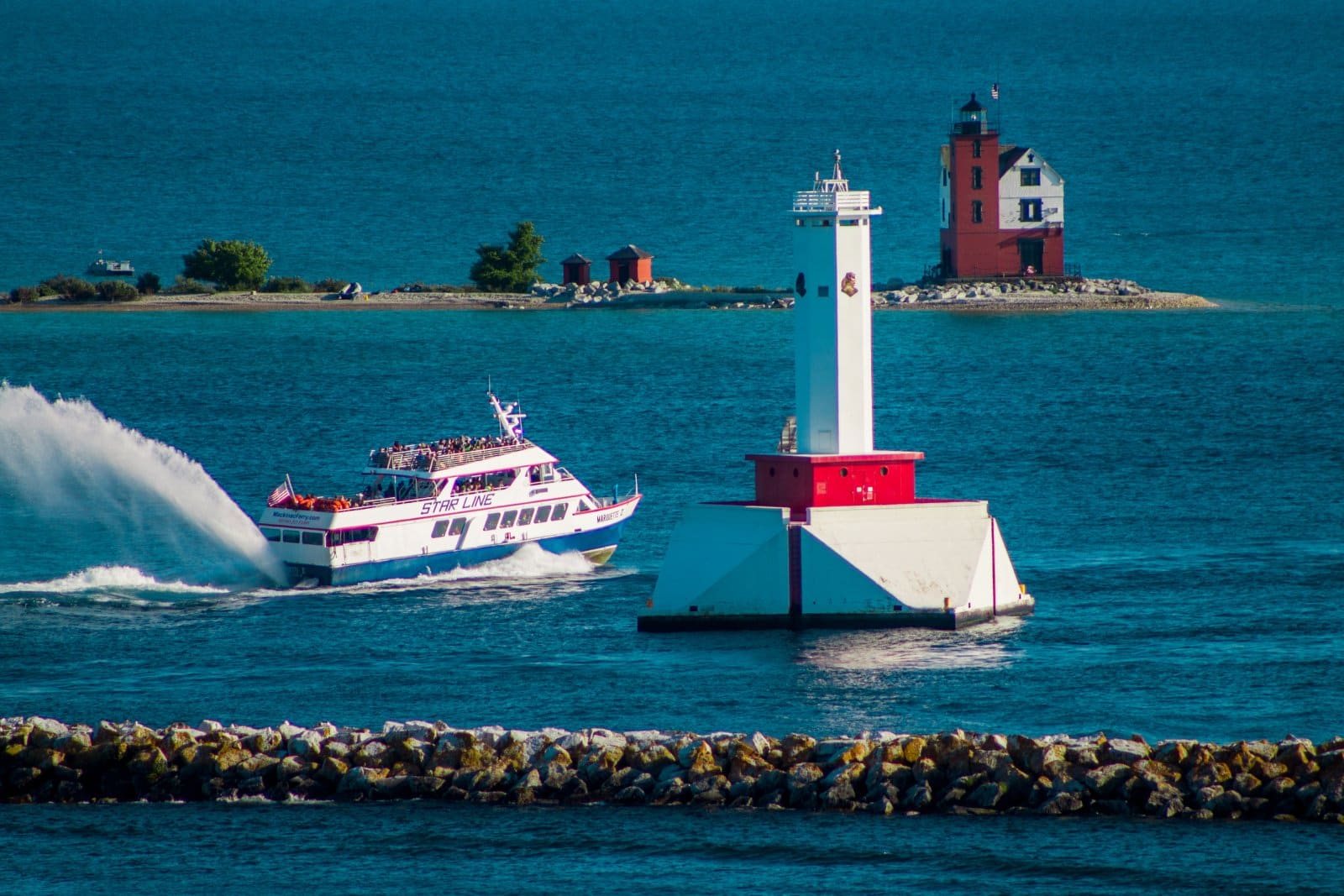
Michigan’s natural and cultural attractions contribute to its $25 billion tourism revenue. Mackinac Island ferry tickets cost around $26 for an adult round trip.
#18. Ohio: Rock, Roller Coasters, and Revenue
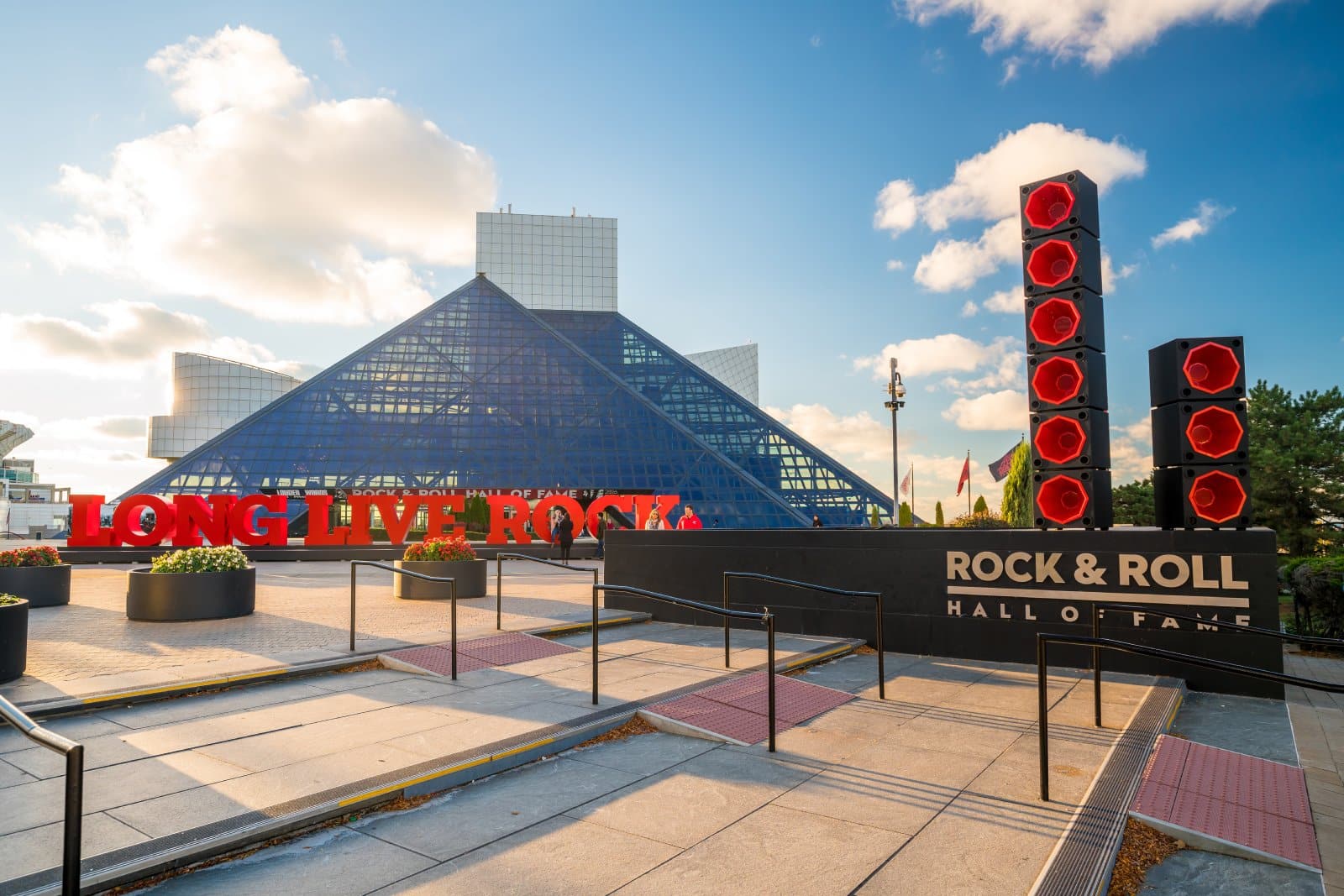
Ohio sees tourism revenues of approximately $46 billion, boosted by attractions like the Rock and Roll Hall of Fame, which charges $30 for adult admission.
#19. Missouri: Gateway to Growth
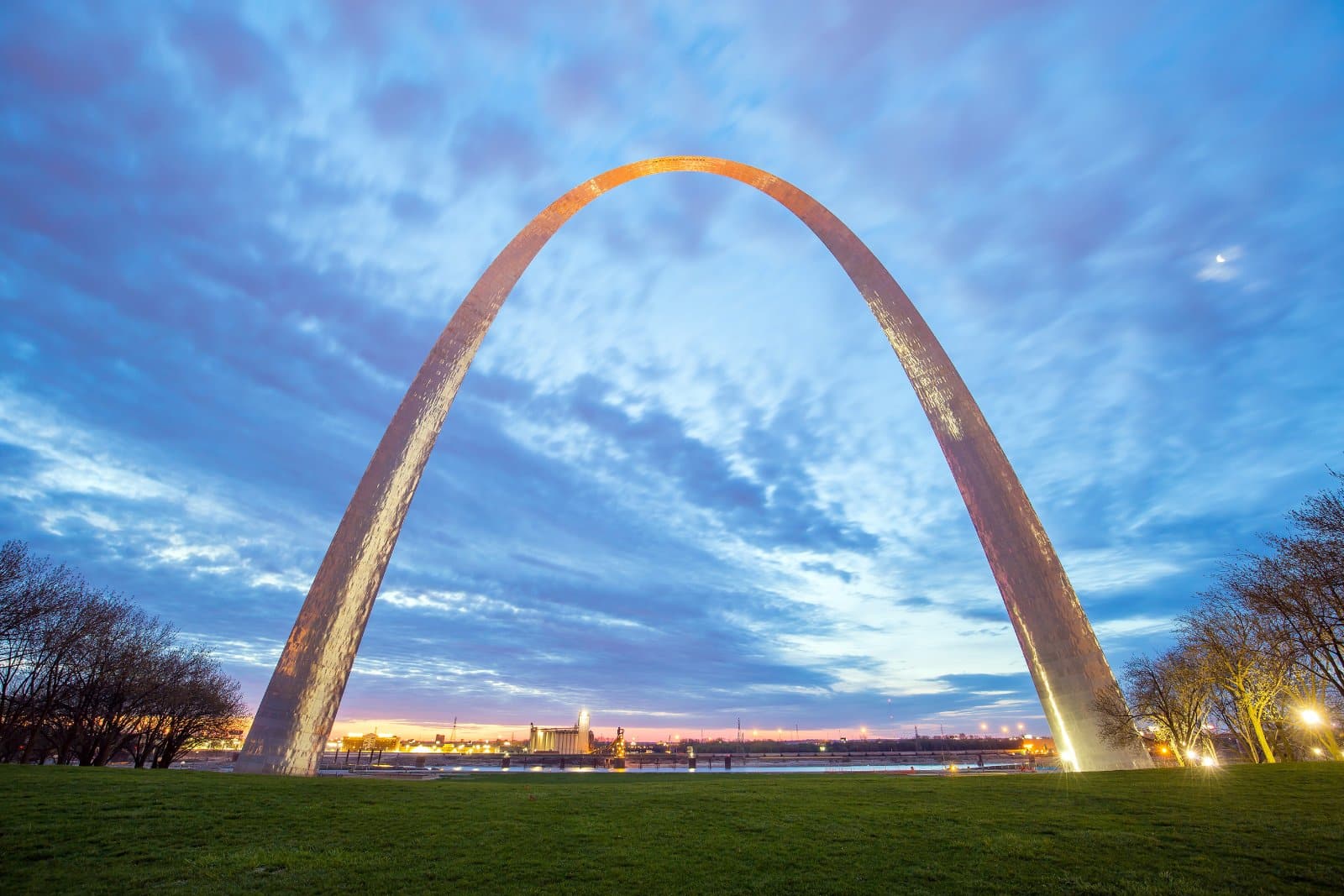
Missouri earns around $17.5 billion from tourism, with the Gateway Arch National Park offering free admission but charging for tram rides to the top.
#20. Louisiana: Celebrating Culture and Cash
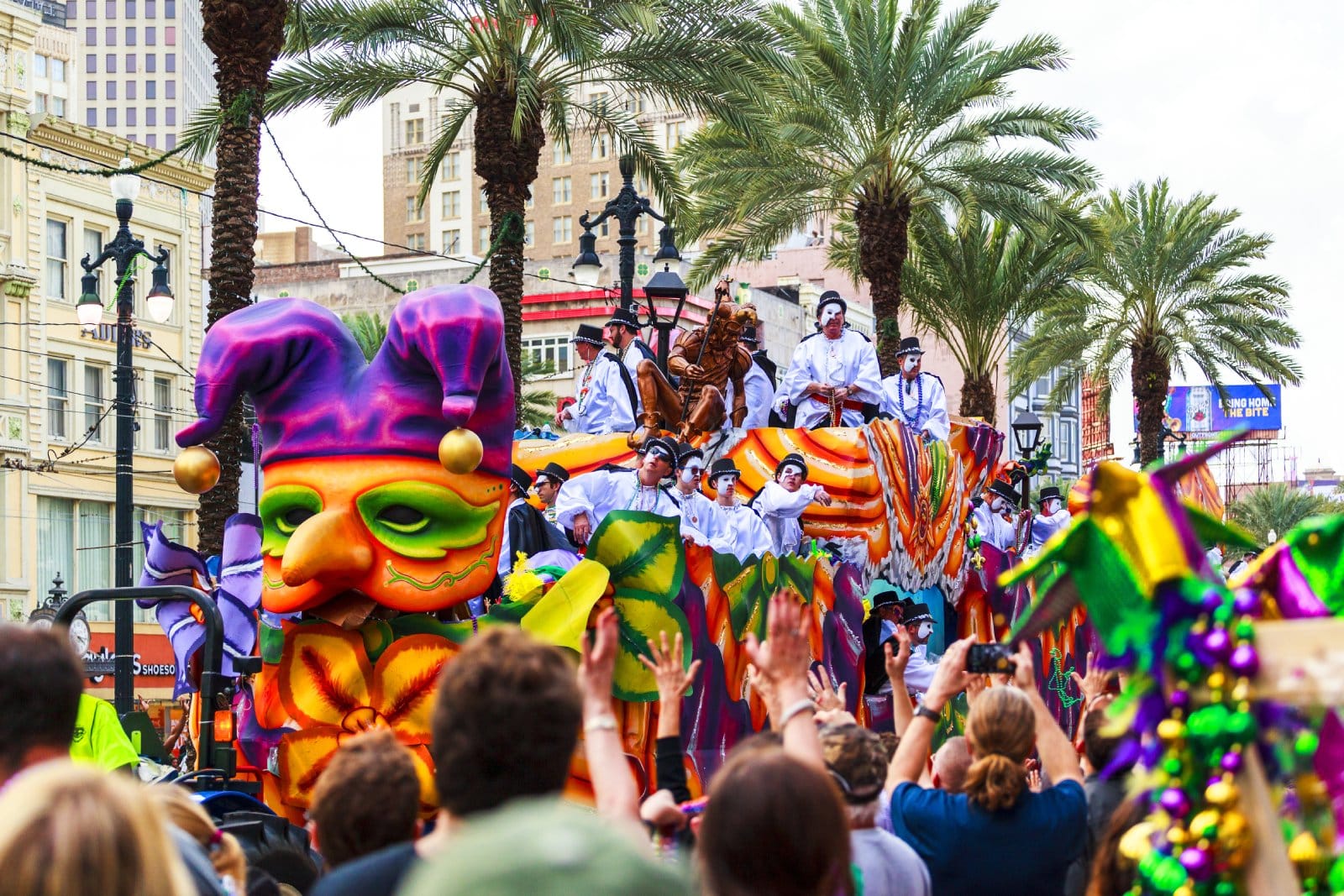
Tourism in Louisiana, particularly New Orleans, generates over $18.9 billion. Mardi Gras festivities are free to watch but attending balls or exclusive events can be costly.
#21. Virginia: History’s Riches

Virginia’s historical sites and natural beauty bring in around $26 billion in tourism revenue. Many historic sites offer free admission, though donations are welcomed.
#22. Oregon: Outdoor Adventure’s Economic Impact
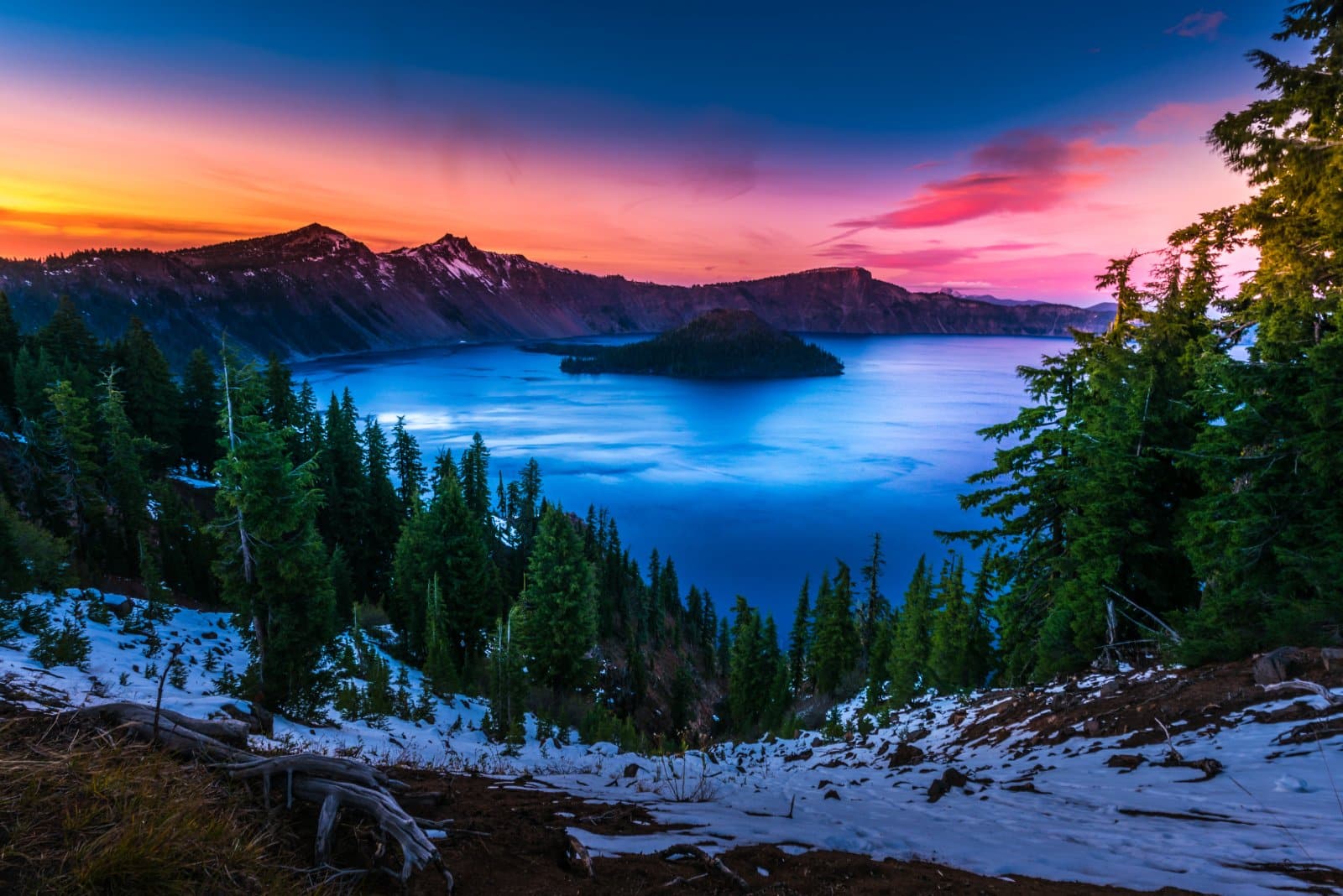
Oregon’s natural landscapes help it attract over $12.3 billion in tourism revenue. Crater Lake National Park charges around $30 per vehicle for a 7-day pass, offering breathtaking views and pristine nature experiences.
#23. Maryland: Nautical and Nice Profits
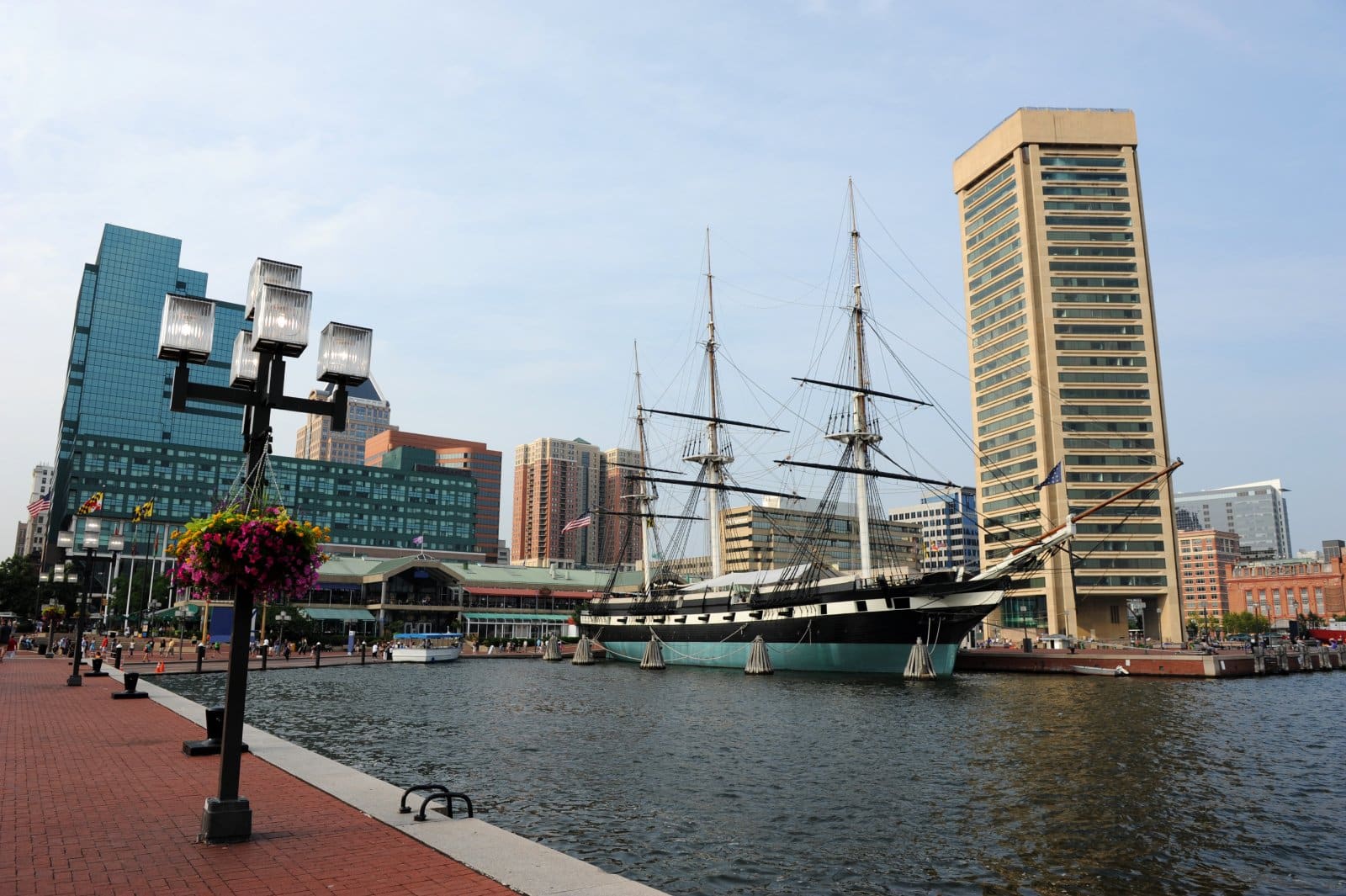
With the Chesapeake Bay and historic Baltimore, Maryland enjoys tourism revenues of approximately $18 billion. Experiences like sailing tours can add a unique expense to visitors’ budgets.
#24. Minnesota: More Than Just Lakes
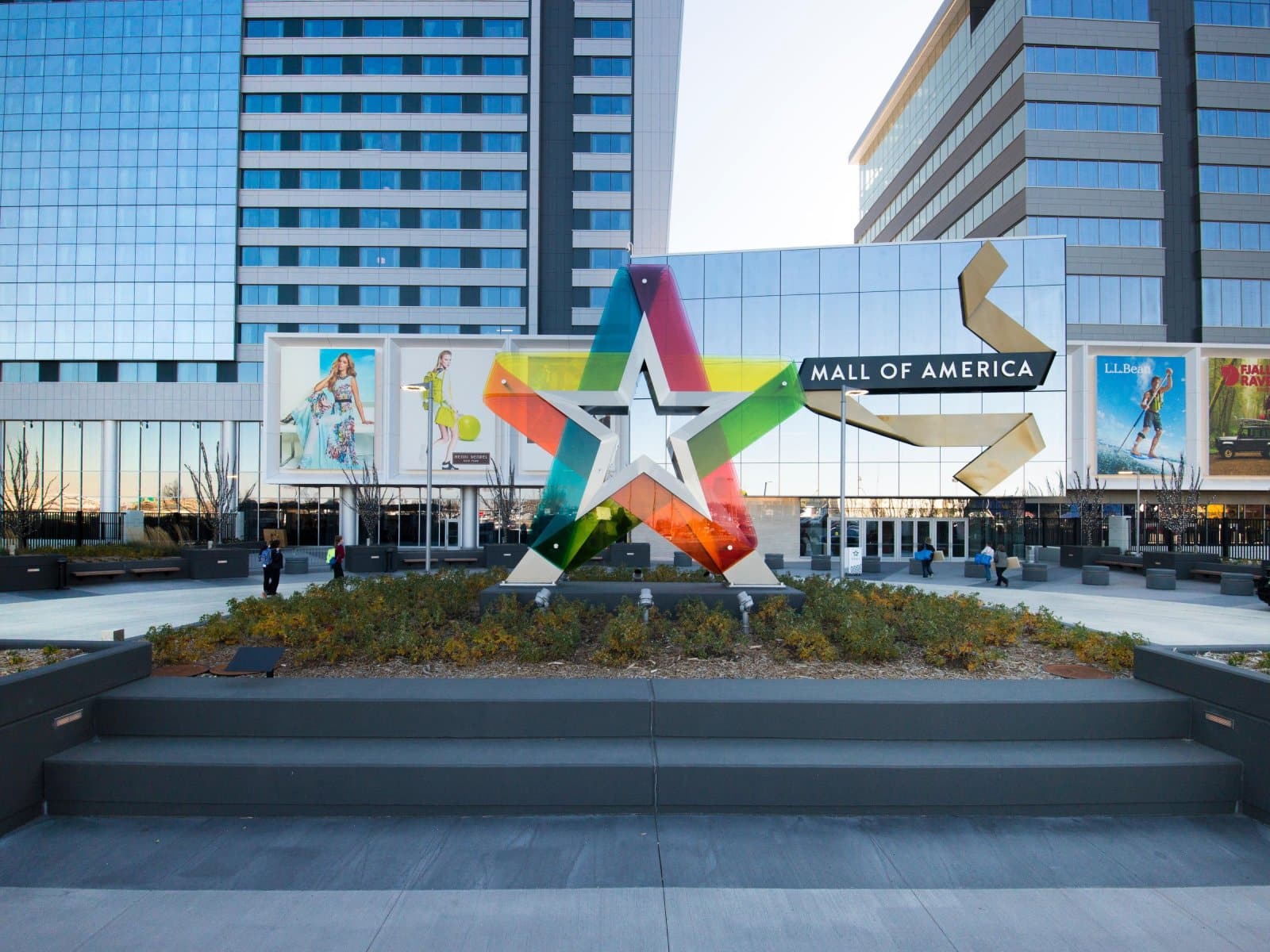
Minnesota’s mix of natural beauty and the Mall of America brings in about $16 billion in tourism revenue. While the mall itself is free to explore, attractions within it, such as the Nickelodeon Universe, charge admission fees.
#25. New Jersey: Shore to Please
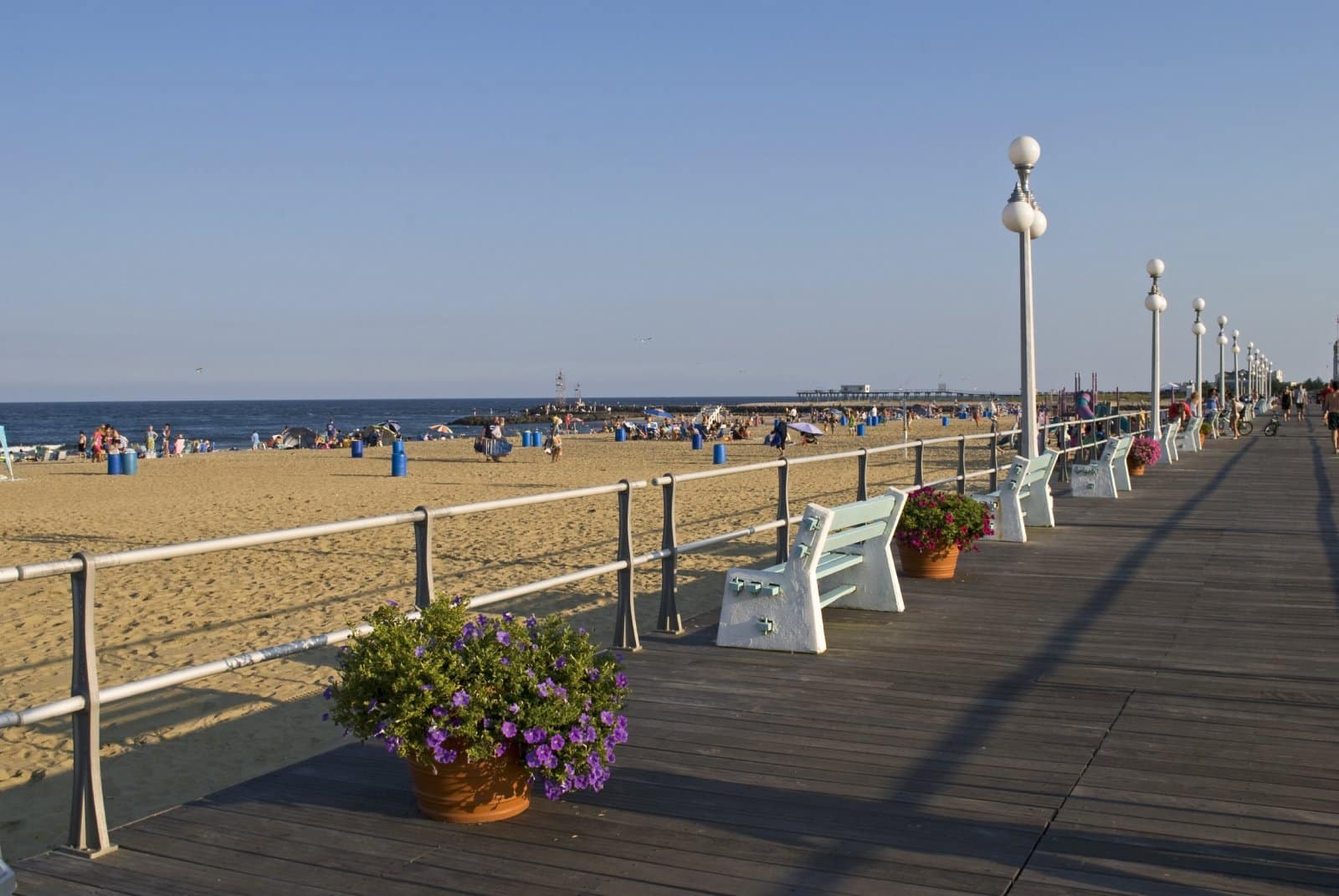
The Jersey Shore and historical attractions help New Jersey net about $45 billion in tourism revenue. Beach passes can cost upwards of $10 per day during the summer months, contributing to the state’s tourism income.
Strike a Balance
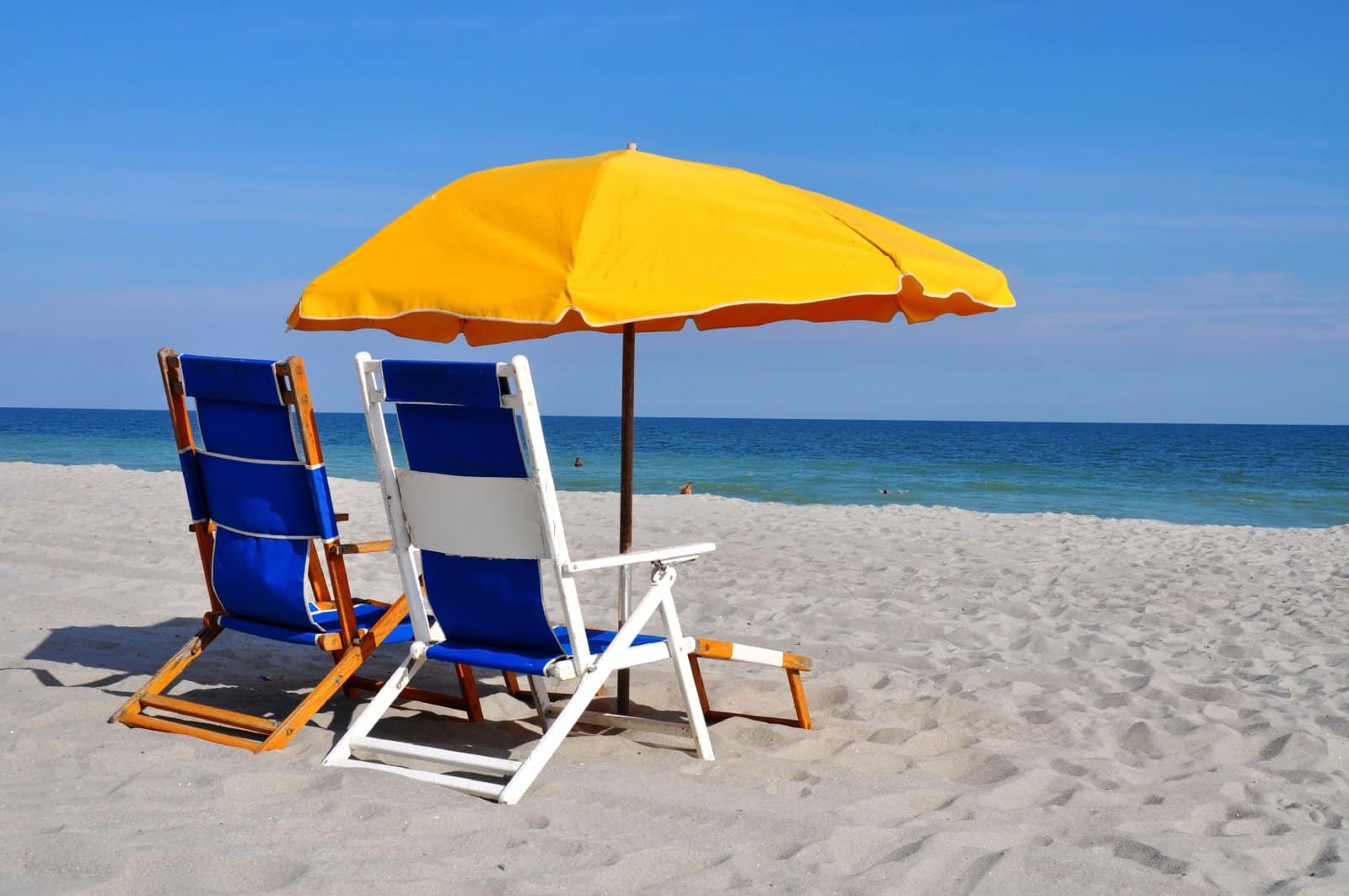
If your state didn’t make the cut, consider it your little secret—for now. Enjoy the tranquility away from the tourist buzz, but don’t forget, quiet doesn’t pay the bills. Finding the sweet spot between secret paradise and tourism goldmine? That’s the real adventure.
The post US Tourism Hotspots: Top 25 States Earning Big first appeared on Career Step Up.
Featured Image Credit: Shutterstock / ESB Professional.
The content of this article is for informational purposes only and does not constitute or replace professional financial advice.
For transparency, this content was partly developed with AI assistance and carefully curated by an experienced editor to be informative and ensure accuracy.

